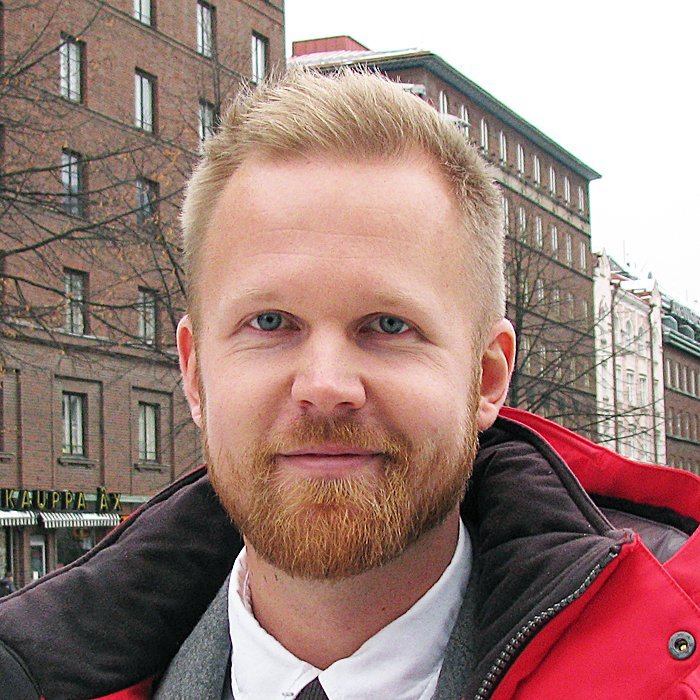05.12.2019, kello 10.53
What EU policy for smart sector integration?
Sector integration is the go-to term of what happens next in energy. As Energy Union was a flagship project of the Juncker Commission, the Von der Leyen Commission will need sector integration to follow through with the promises of the Green Deal. The first Energy Council of Energy Commissioner Kadri Simson on December 4, 2019 dived into sector integration.
Energy sector integration is an array of technical innovation which will closely link the production and use of energy in electricity, heating, transport and industry. These sectors need more profound changes to be able to fully decarbonize. The system level changes aim at providing more flexibility and stability through energy storage and conversion between the different sectors. None of these sectors will alone be able to generate the amount of storage capacity or flexibility of production and consumption to include the growing amounts of intermittent renewables into the systems.
There will be further assessment of each of the linkages between the sectors and how to remove regulatory barriers, how to incentivize and how to make polluters pay. There is no way to micromanage all this on EU level, therefore a broader policy approach is needed.
To drive forward sector integration the EU needs to
— Have a strategy for electrification
— Take full advantage of district heating and cooling as a carbon free energy carrier, energy storage potential and platform for integration
— Revolutionise the “energy efficiency first principle”; it is not only about renovating houses but looking at how to synchronise consumption with carbon free production and switching to carbon free energy carriers. This applies not only to the building sector but also traffic, industry etc.
— Assess each link between sectors and remove regulatory barriers at EU and member state level
— Provide incentives for fundamental transition with an economy-wide price on carbon; both EU emission trading and energy taxation are to be used for this
— Push through the ongoing electricity market integration and remove regulated prices to make production and consumption match optimally
— Make the gas sector fit for renewable and decarbonized gases
— Harness the EU industrial policy to solve techno-economic bottlenecks in power-to-X, hydrogen and processes of energy-intensive industries
On October 10, Finnish Energy and Trinomics brought together a wide range of stakeholders in Brussels to discuss the benefits and barriers of sector integration. The workshop focused on sector coupling, decarbonization of heating and the Energy Union governance as a tool to promote sector integration. The expectations towards the new Commission to create a working policy on sector integration are high in the energy sector. We believe that it is only possible by broad cooperation with stakeholders and by creating a wide dialogue between all the parties involved in sector integration. An effective and smart sector integration policy is crucial in order to achieve decarbonisation and climate targets.
Joona Turtiainen
Head of EU Affairs
Finnish Energy





Kommentit